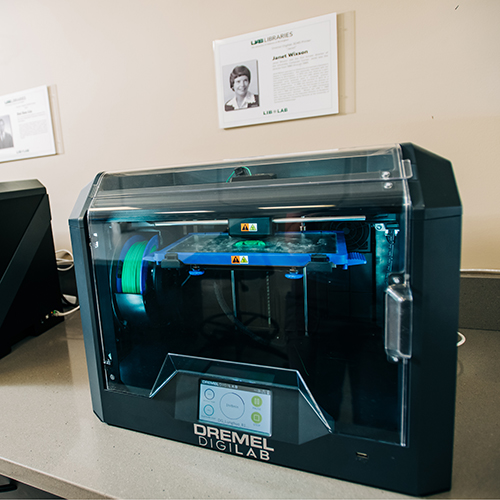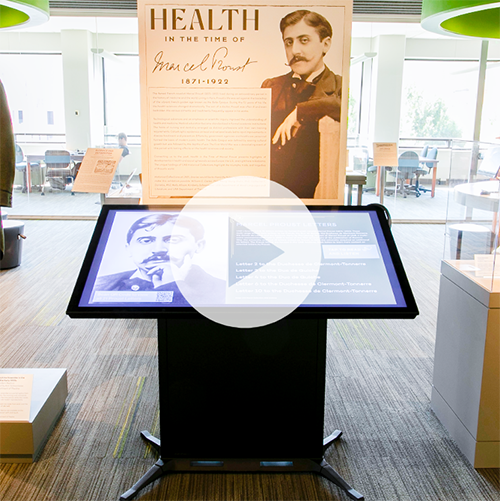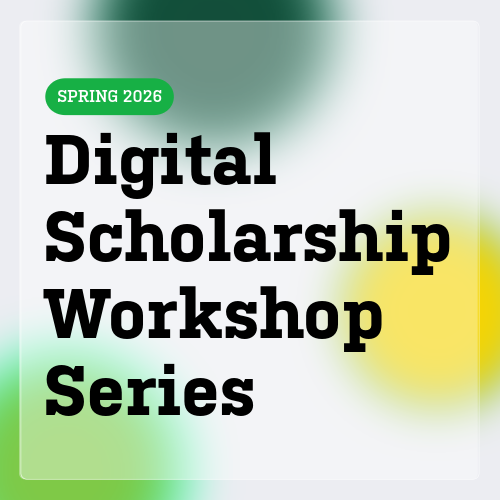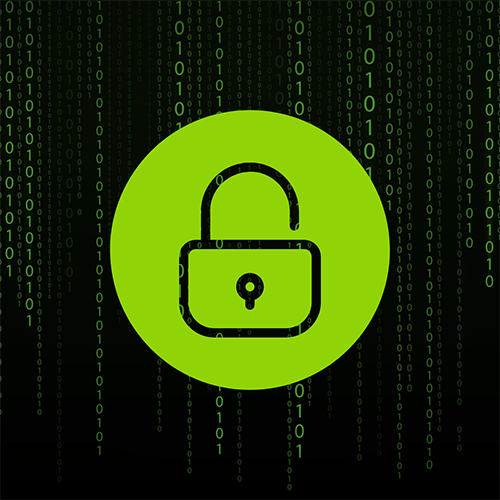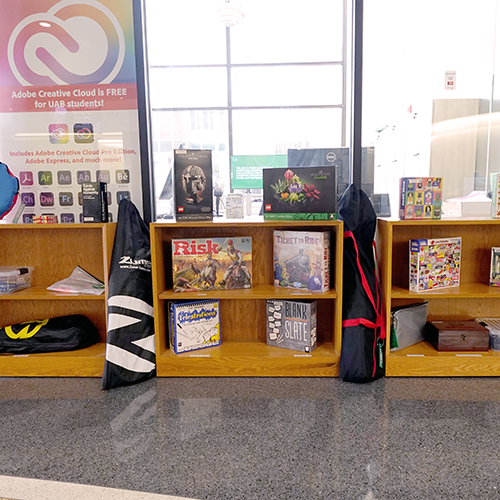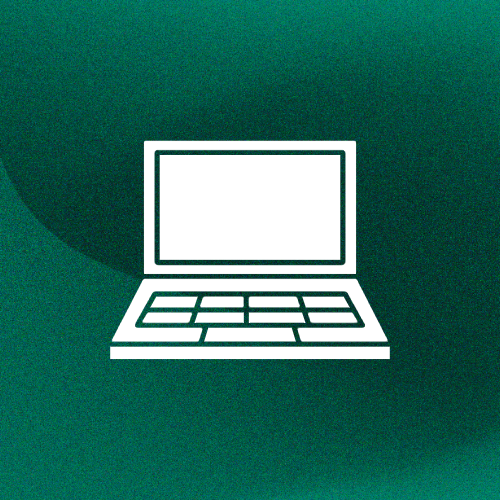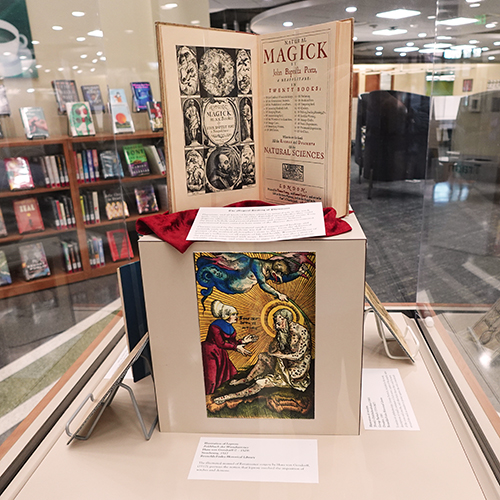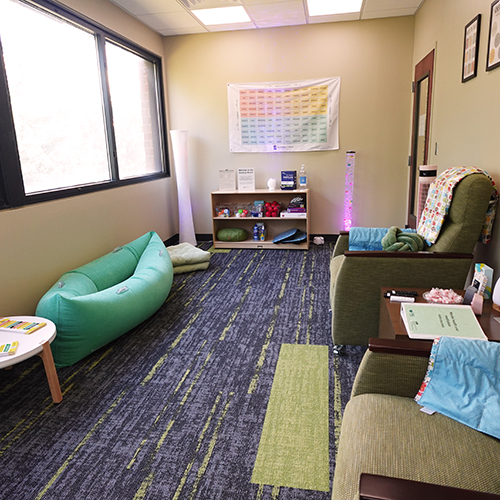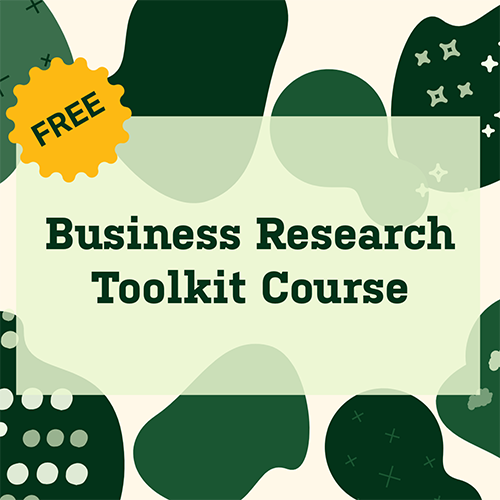Announcements
Announcements
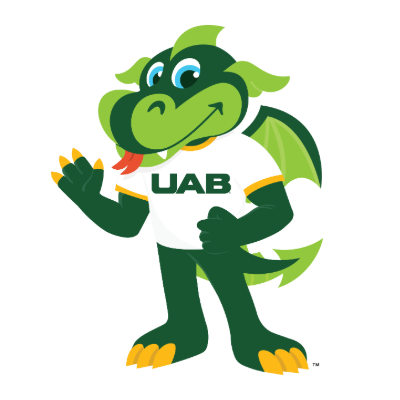
- Details
- Category: Announcements
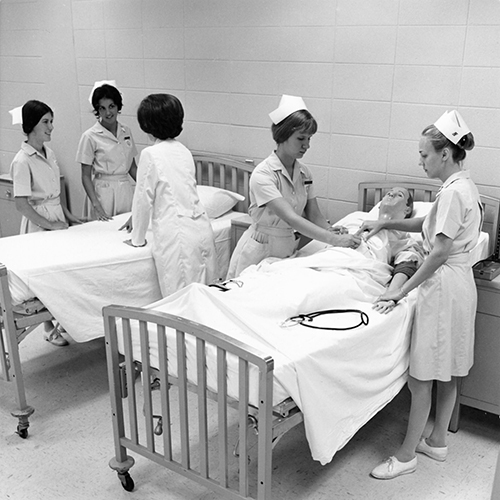
- Details
- Category: Announcements
- Start 3D printing on campus this fall with just a single 1.5-hour training session
- Pilot program aims to connect loaner laptops to students in need
- New agreement with Emerald Publishing enables UAB authors to publish at no cost in more than 300 journals
- Virtual meeting room now open at Sterne Library for telehealth appointments, interviews and more

